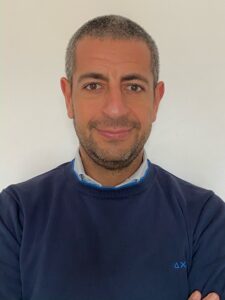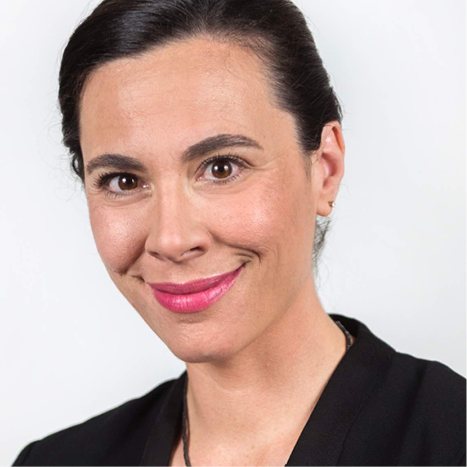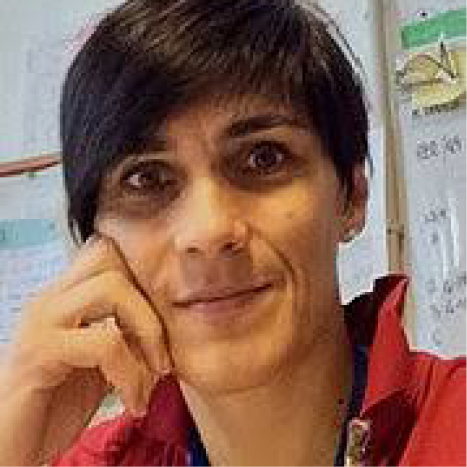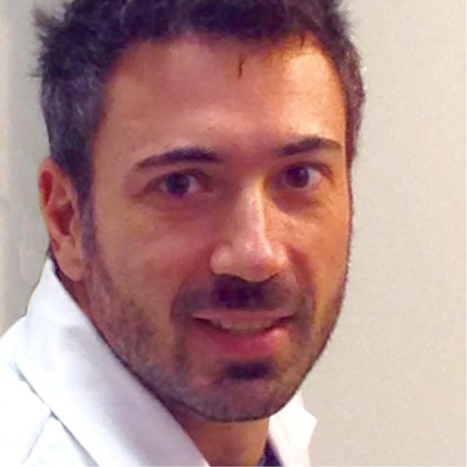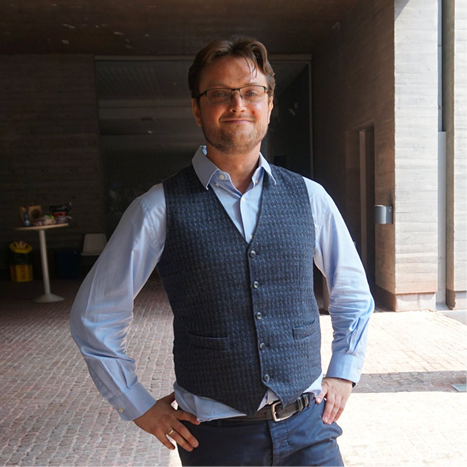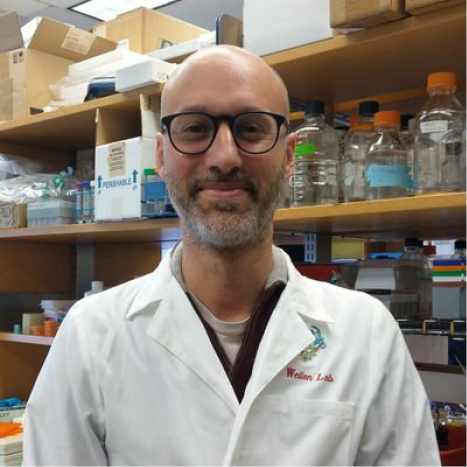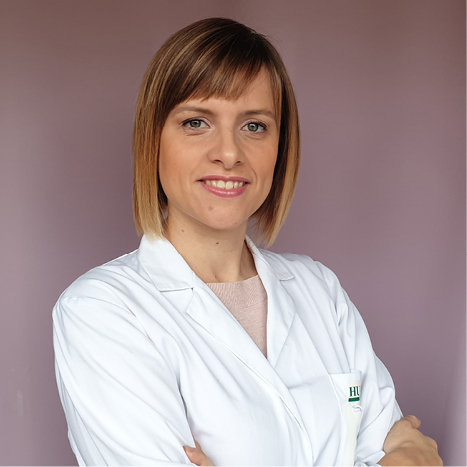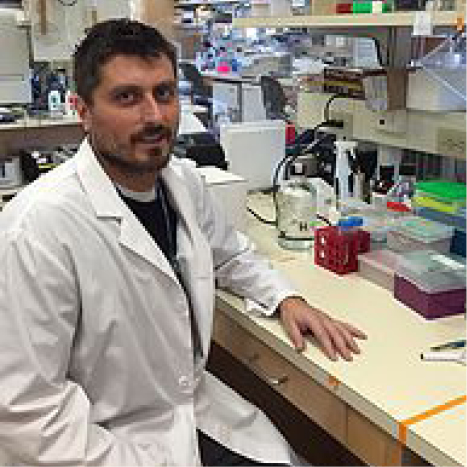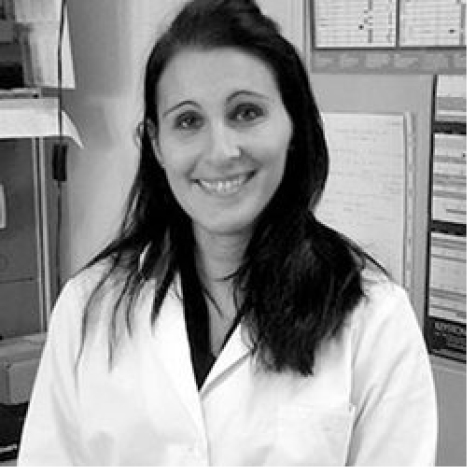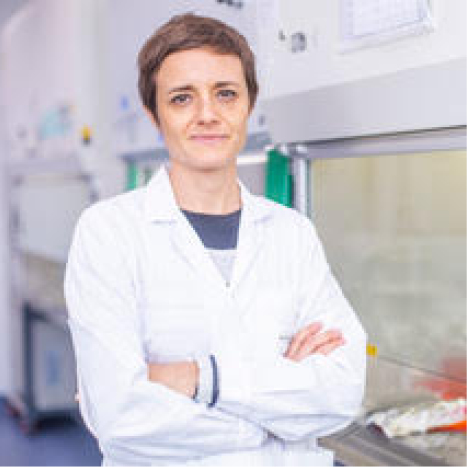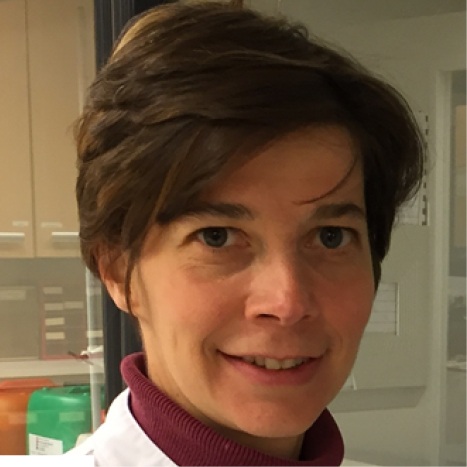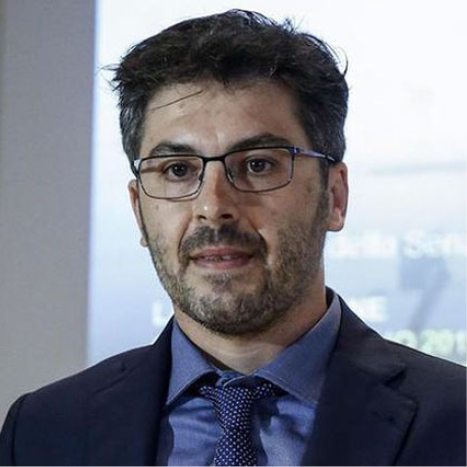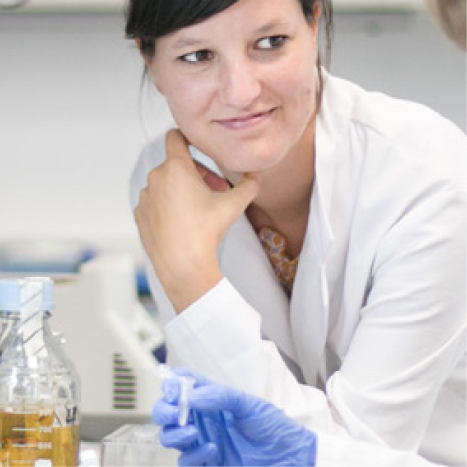Luigi Leanza
Università di Padova
Padova, Italy
BIO
After a Master degree in Molecular Biology, I obtained the PhD in Biosciences from the University of Padua in 2009. I then changed my research field and conducted my postdoc studying how a mitochondrial potassium channel could be used as a target to counteract the development of various types of tumors. During my postdoc, I was able to conduct research abroad in Germany as well at the Department of Molecular Biology at the University of Duisburg-Essen and at the Department of Molecular Oncology at the University of Kiel. In 2016, I became a researcher at the Department of Biology at the University of Padua, where in 2019 I became associate professor.
RESEARCH
My laboratory studies how it is possible to modulate the metabolism and the contact sites between the organelles in cancer cells, in order to counteract their ability to proliferate and invade other tissues, thereby preventing the formation of metastases. Additionally, we study how diet can help make cancer cells more sensitive to treatment, thereby maximizing the effects of chemotherapy. Among the cancers we study is PDAC, one of the most severe and grim in terms of patient prognosis.
HOBBIES / EXTRAS
In my free time, I enjoy gardening and running. In general, I like following sports, especially soccer, which is my passion since I have been part of this world for a long time as a referee.



